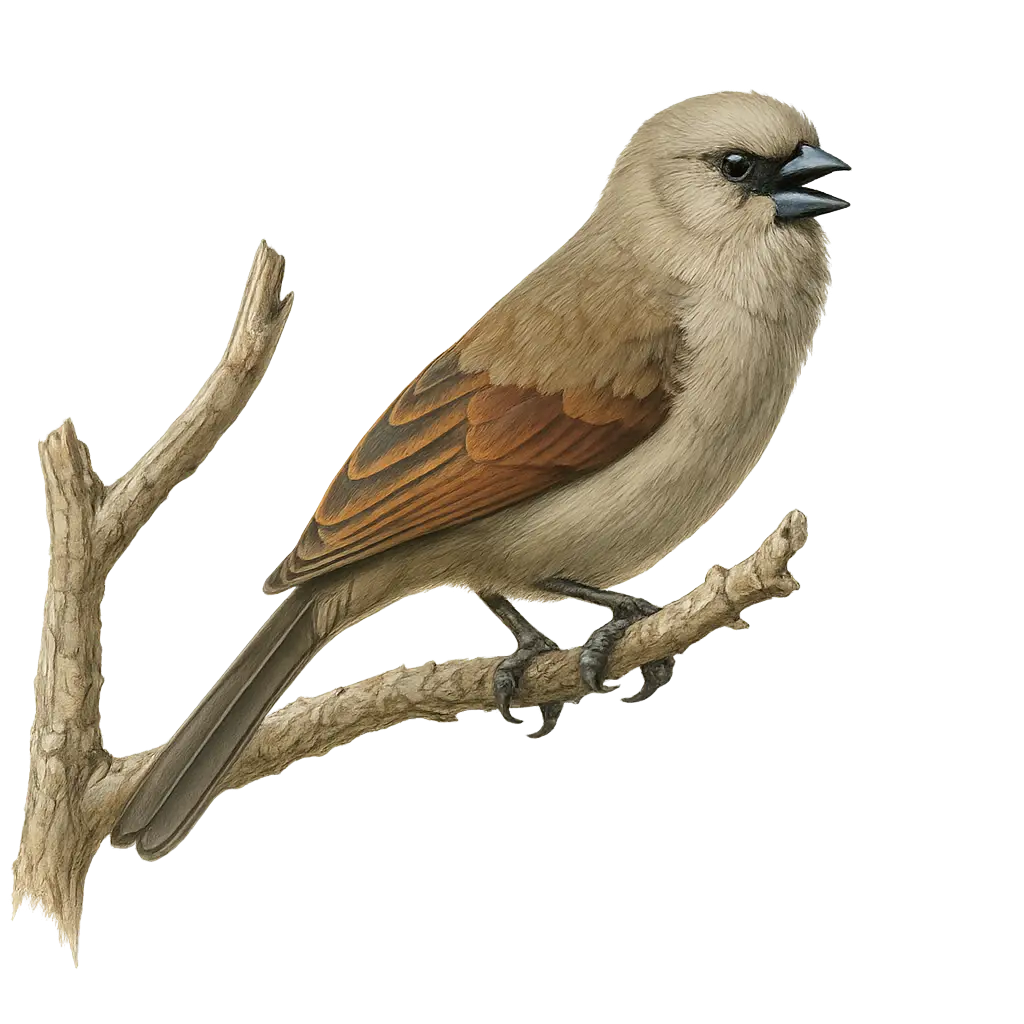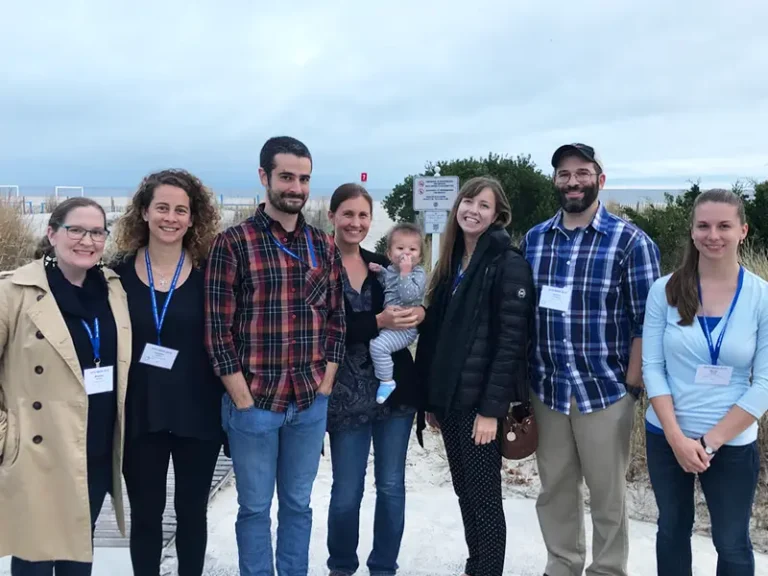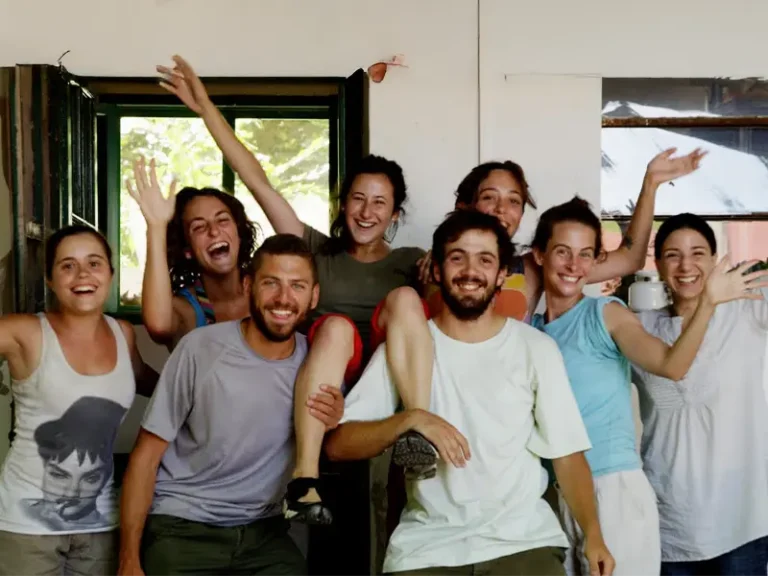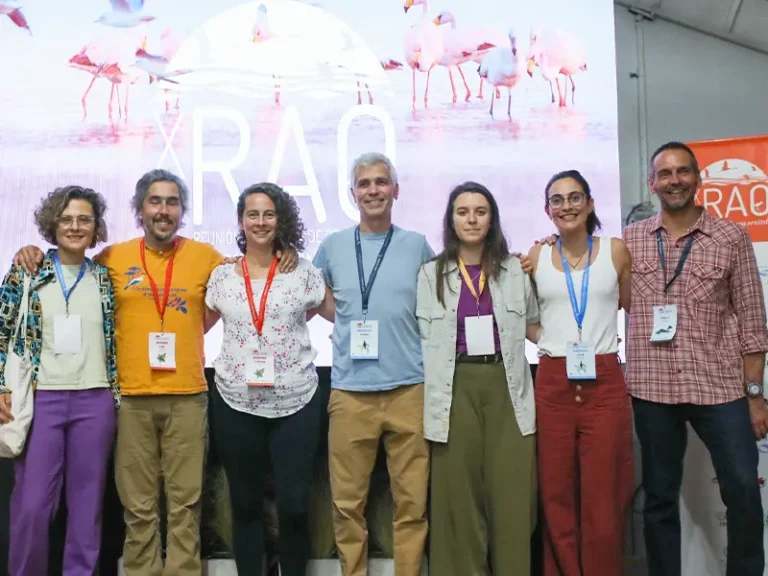Cynthia Ursino · Behavioral Ecology
Welcome!
Research
My research focuses on:
Publications
If you do not have access to any of these articles and would like a copy, please feel free to email me at cursino@princeton.edu
CV
Education
PhD in Biological Sciences. University of Buenos Aires.
Licenciatura in Biological Sciences (equivalent to Master’s). University of Buenos Aires.
Research Appointments
Director of the Scientific Department at Aves Argentinas.
Postdoctoral Research Fellow at Princeton University.
Presidential Postdoctoral Research Fellow at Princeton University.
Postdoctoral Argentinean National Science Council (CONICET) Fellow at University of Buenos Aires.
Fulbright Fellow - Visiting Post-Doctoral Scholar at Princeton University.
Visiting Graduate Student Fellow at Harvard University.
Graduate Student CONICET Fellow at University of Buenos Aires.
Service
Member, AOS Diversity & Inclusion Committee.
Associate Editor Ornithology.
Associate Editor El Hornero.
Associate Editor Frontiers in Bird Science.
Guest Editor Frontiers in Ecology and Evolution.

Collaborators
I am fortunate to collaborate with outstanding researchers and research teams. Below are some of the key collaborators whose contributions have significantly shaped my work.

Riehl Lab at Princeton University
- Christina Riehl – Postdoctoral adviser and still a close collaborator. Together with Christie, I began incorporating genetic tools into my research, which led to new research lines.
- Maria Smith – Graduate student at the Riehl Lab. Maria and I have worked closely on lab-based research to understand social dynamics and mating behaviors in birds.
- Josh Lapergona – Postdoctoral Researcher at the Riehl Lab. Josh and I have worked together analyzing the genetic data from my projects.
- Meghan Strong – Lab Manager. Meghan and I have collaborated on an exciting study on the individual reproductive strategy of the brood parasite Screaming Cowbird, using DNA extracted from egg membranes.
CENPAT
- Gabriela Palacios – Specializing in eco-immunology. Gabriela and I collaborated on understanding the immune responses of birds to ectoparasites.
Aves Argentinas
- Gabriel Celedón – Former field technician. His work was invaluable in helping start a new research line with the Firewood-gatherer.
Edwards Lab at Harvard University

LEyCA Lab at the University of Buenos Aires and CONICET
- J.C. Reboreda – Thesis adviser. We continue to collaborate on various projects.
- Maria Cecilia De Mársico – Thesis adviser. Together, we explored a unique system in which two brood parasites share a cooperative breeder host.
- Myriam Mermoz – We are exploring the genetic mating system of the Brown and Yellow Marshbird, using her impressive long-term database.
- Vanina Fiorini – We have collaborated both in the field and the lab, investigating questions about brood parasitism and the impact of Philornis spp. on the European Starling.
- Romina Scardamaglia – We have worked together to understand the genetic mating systems of brood parasitic species.
Community Roles
Birds of the World (BOW)
